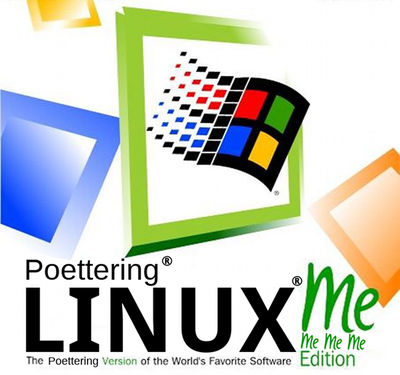Originally posted by debianxfce
View Post
Even a simple setup without any desktop environment and a lightweight window manager can suffer from tearing and performance regressions under X11.
The design of X11 is old and flawed. Even a composite manager can't always keep resize or move operations from becoming jerky.
Developers have to deal with dozens of extensions and the codebase is riddled with bugs and all sorts of security holes.
As for that idiotic "Poetterisation of GNU/Linux":
You're free to go back to using legacy UNIX.
Whether you admit it or not, changes are necessary in order to make GNU/Linux fit for the modern desktop.
And btw: Just because a certain design feature pops up in Windows or Mac OS X doesn't mean that feature is inherently bad and shouldn't be implemented as part of the GNU/Linux desktop stack.



Comment